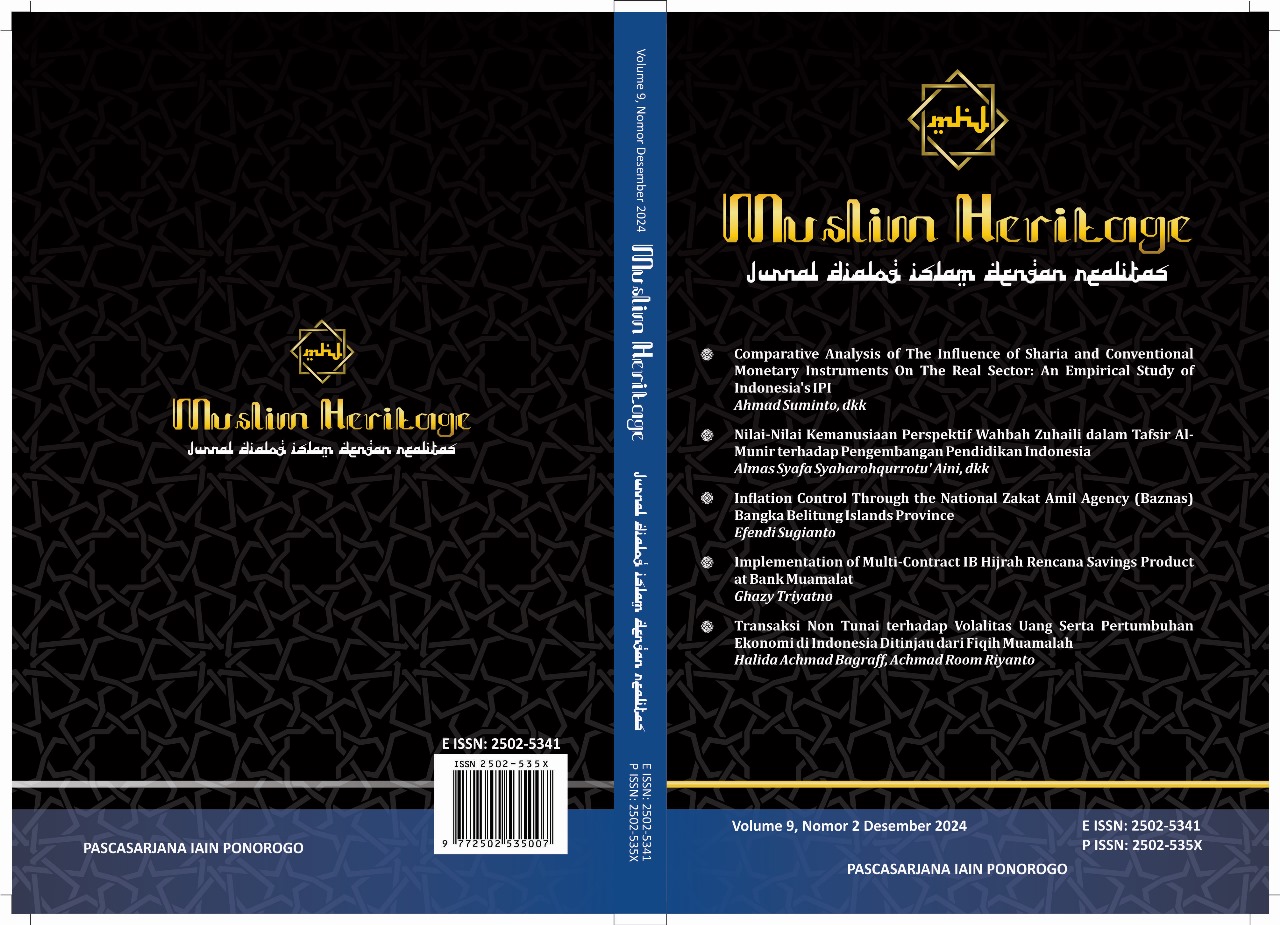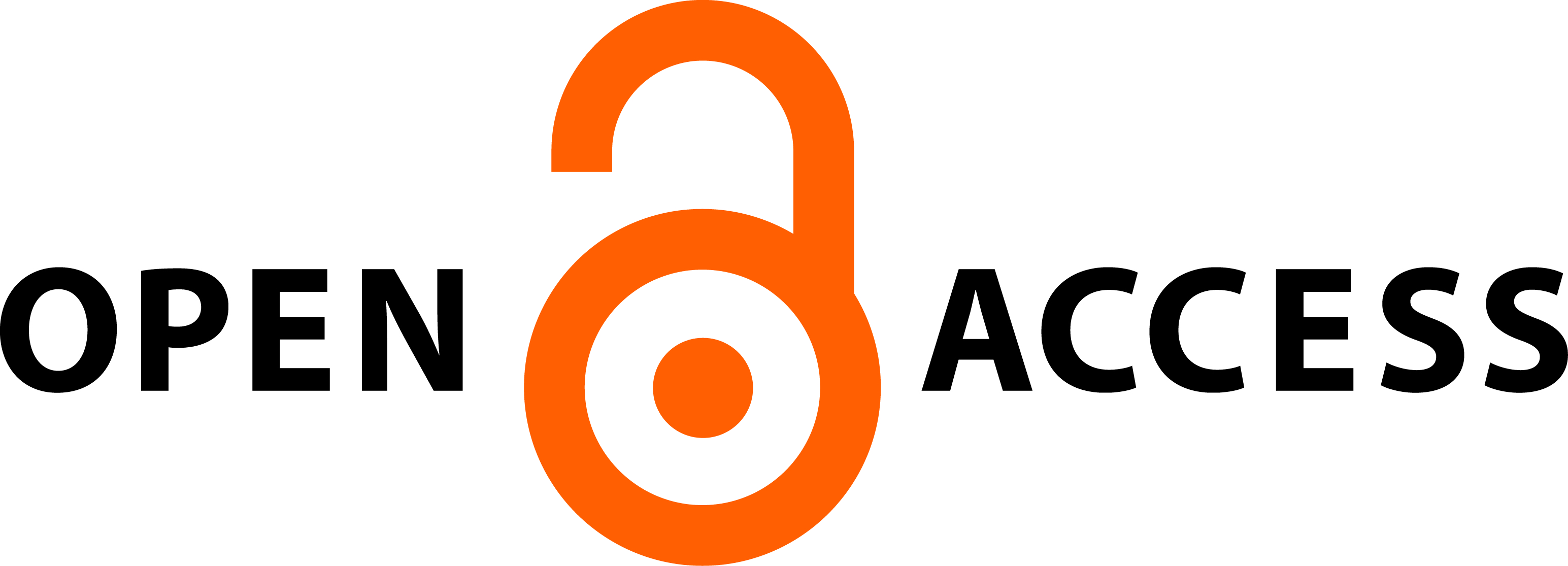Strategi Pengendalian Deflasi di Indonesia: Pendekatan Ekonomi Islam dalam Menjawab Tantangan Ekonomi Kontemporer
Abstract
Abstract
Deflation is a general decline in the prices of goods and services. It can reduce the purchasing power of the public and affect economic stability, as experienced in Indonesia. Controlling deflation requires an approach that not only relies on monetary and fiscal policies but also considers the principles of social justice. This study aims to explore the Islamic economic approach to controlling deflation in Indonesia, emphasizing wealth redistribution and the management of Islamic economic instruments such as zakat, waqf, and charity. The research employs a qualitative method using a literature review and descriptive analysis approach. Data is collected through a review of relevant literature on Islamic economics, deflation, and Indonesian economic policies. The findings indicate that the implementation of Islamic economics, focusing on equitable wealth distribution and the management of social instruments, can improve public purchasing power and create inclusive economic stability. Additionally, productive zakat and waqf play a significant role in reducing economic inequality and supporting the recovery of sectors affected by deflation. Thus, Islamic economic solutions can serve as an effective alternative in addressing deflation in Indonesia.
Abstrak
Deflasi merupakan penurunan harga barang dan jasa secara umum. Deflasi dapat menurunkan daya beli masyarakat dan mempengaruhi kestabilan perekonomian, seperti yang terjadi di Indonesia. Pengendalian deflasi memerlukan pendekatan yang tidak hanya berbasis pada kebijakan moneter dan fiskal, tetapi juga harus memperhatikan prinsip keadilan sosial. Penelitian ini bertujuan untuk mengeksplorasi pendekatan ekonomi Islam dalam mengendalikan deflasi di Indonesia dengan menekankan pada redistribusi kekayaan dan pengelolaan instrumen ekonomi Islam seperti zakat, wakaf, dan sedekah. Penelitian ini menggunakan metode kualitatif dengan pendekatan studi literatur dan analisis deskriptif. Data primer diperoleh dari Badan Pusat Statistik (BPS) yang memberikan informasi tentang Indeks Harga Konsumen (IHK) dan tren deflasi di Indonesia pada periode tertentu. Sedangkan data sekunder dikumpulkan dari buku, artikel, dan jurnal yang membahas prinsip-prinsip ekonomi Islam. Hasil penelitian menunjukkan bahwa penerapan ekonomi Islam melalui redistribusi kekayaan yang adil dan pengelolaan instrumen sosial, seperti zakat produktif dan wakaf dapat memperbaiki daya beli masyarakat serta menciptakan kestabilan ekonomi yang inklusif. Dengan demikian, pendekatan ini menawarkan solusi yang relevan dalam mengatasi deflasi di Indonesia dengan mempertimbangkan keadilan sosial dan kesejahteraan bersama.
Keywords: Deflasi; Indonesia; Ekonomi Islam
Downloads
Published
Issue
Section
License

This work is licensed under a Creative Commons Attribution-NonCommercial 4.0 International License.
Requirements to be met by the author as follows:
- Author storing copyright and grant the journal right of first publication manuscripts simultaneously with licensed under the Creative Commons Attribution License that allows others to share the work with a statement of the work's authorship and initial publication in this journal.
- Authors can enter into the preparation of additional contractual separately for non-exclusive distribution of a rich version of the journal issue (eg:post it to an institutional repository or publish it in a book), with the recognition of initial publication in this journal.
- Authors are allowed and encouraged to post their work online (eg, in institutional repositories or on their website) prior to and during the submission process, because it can lead to productive exchanges, as well as citations earlier and more severe than published works. (see The Effect of Open Access).















